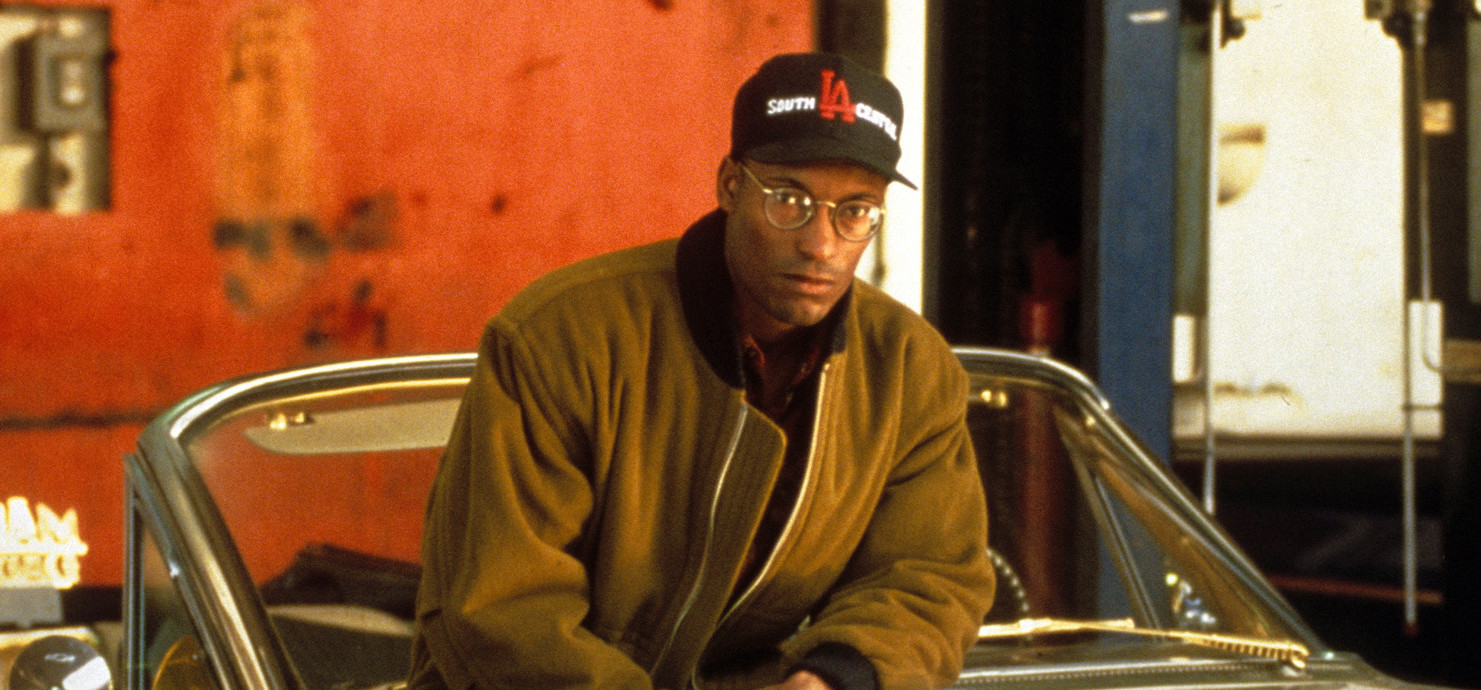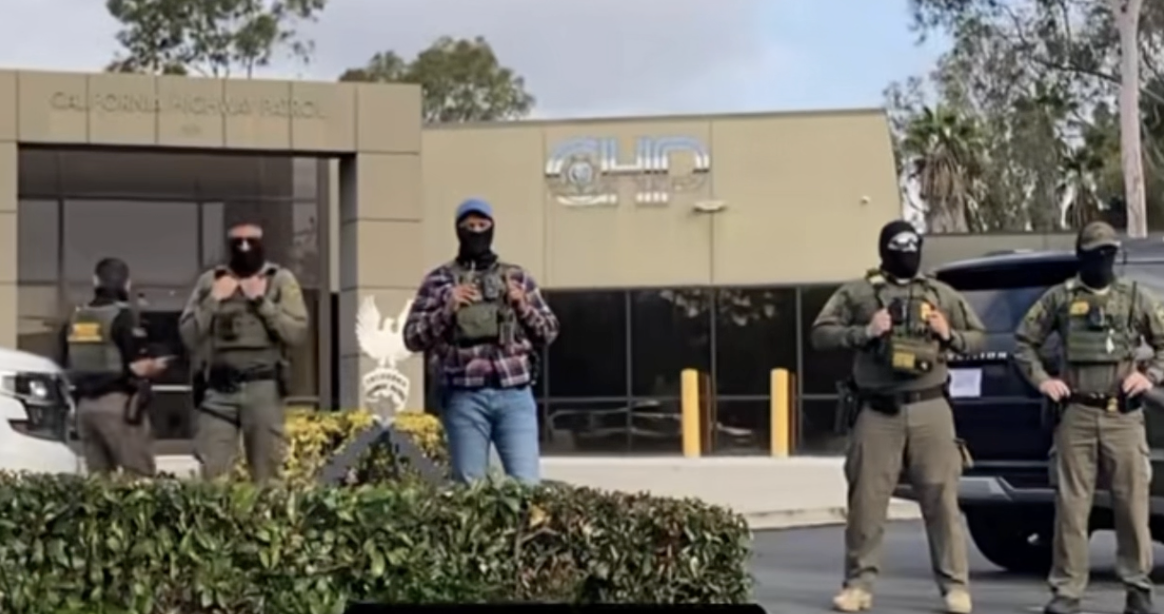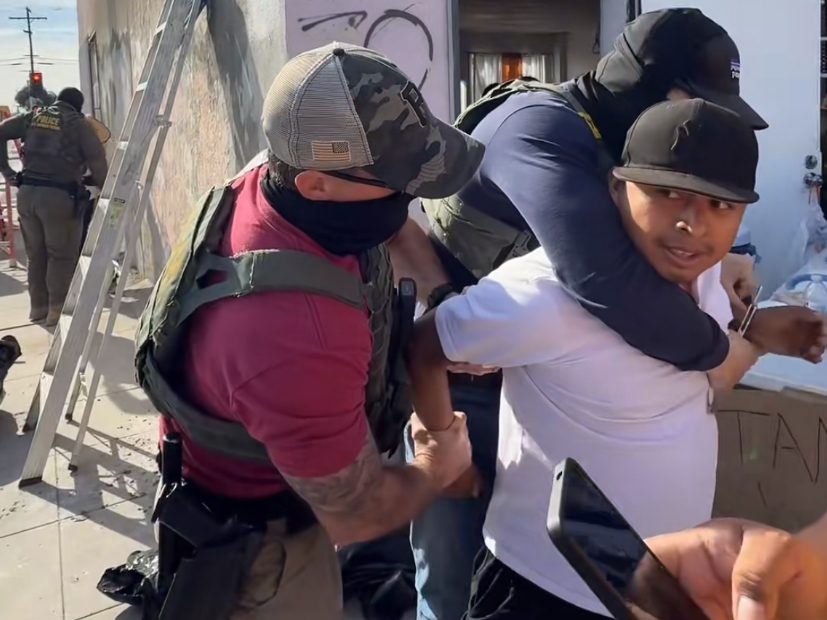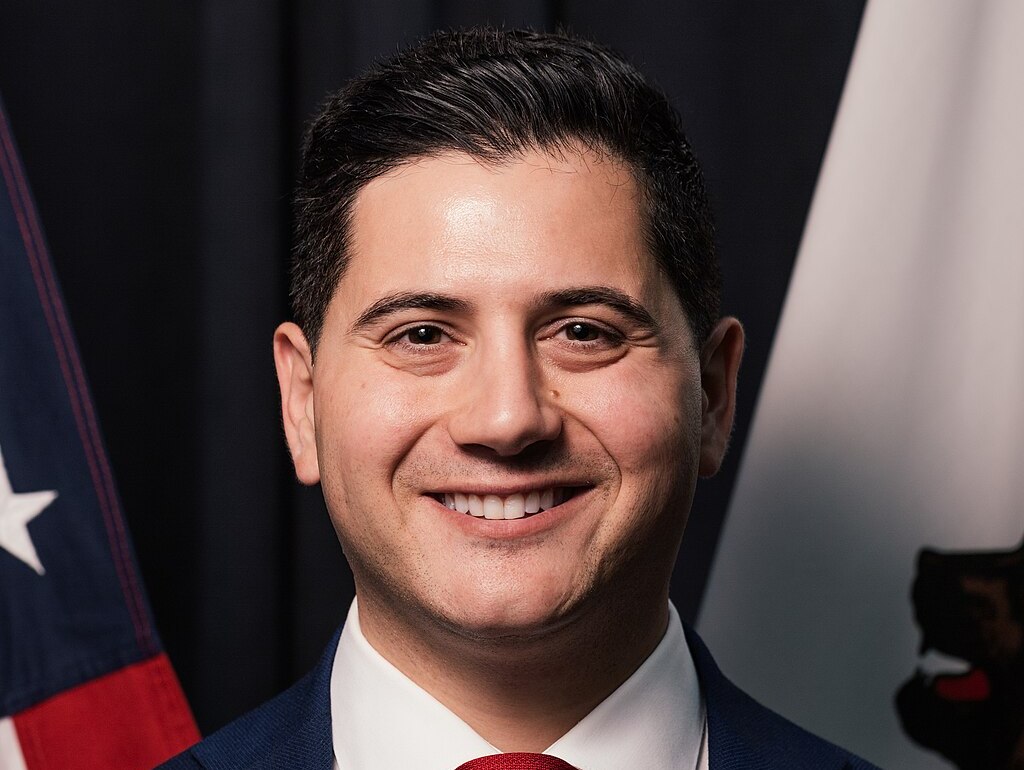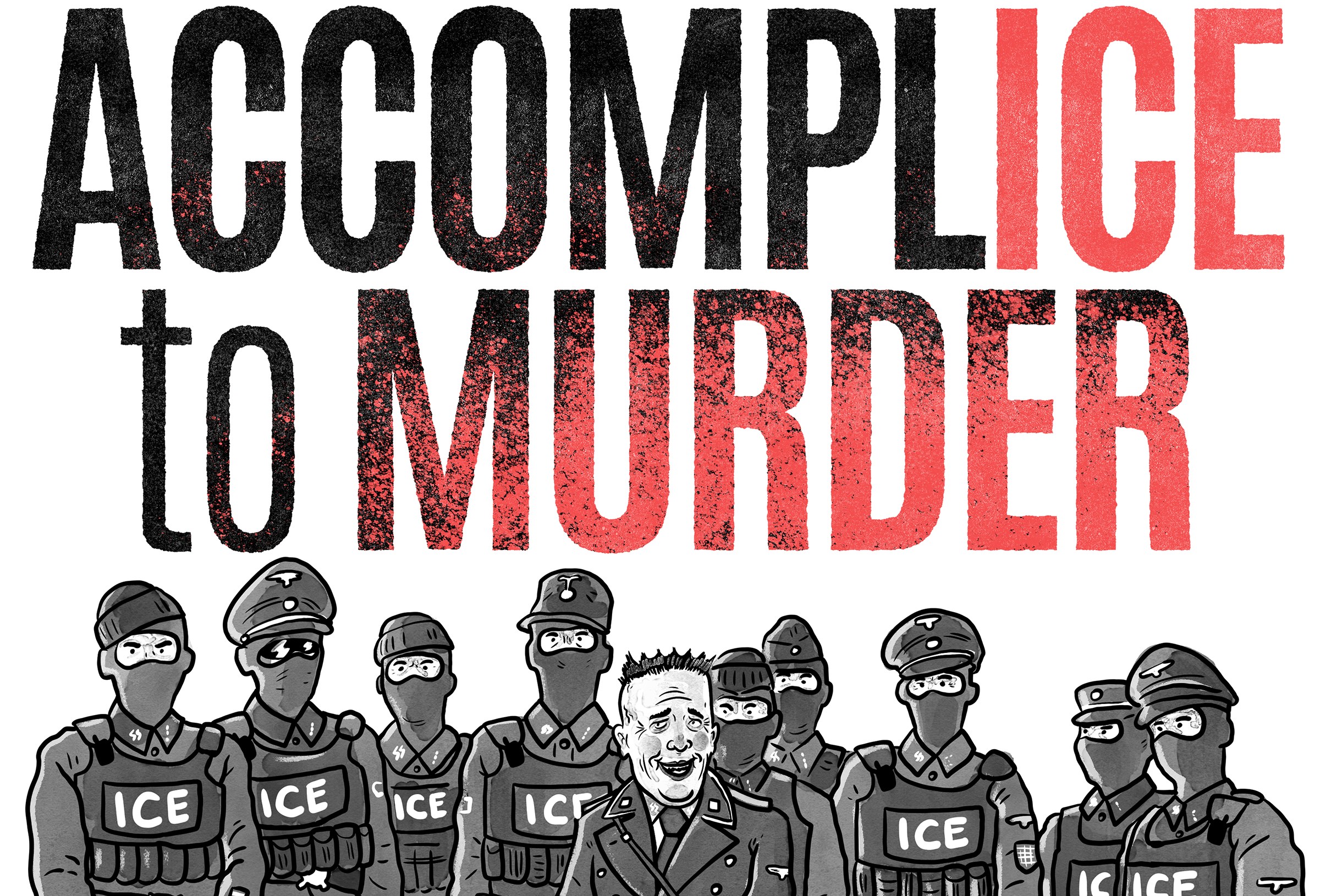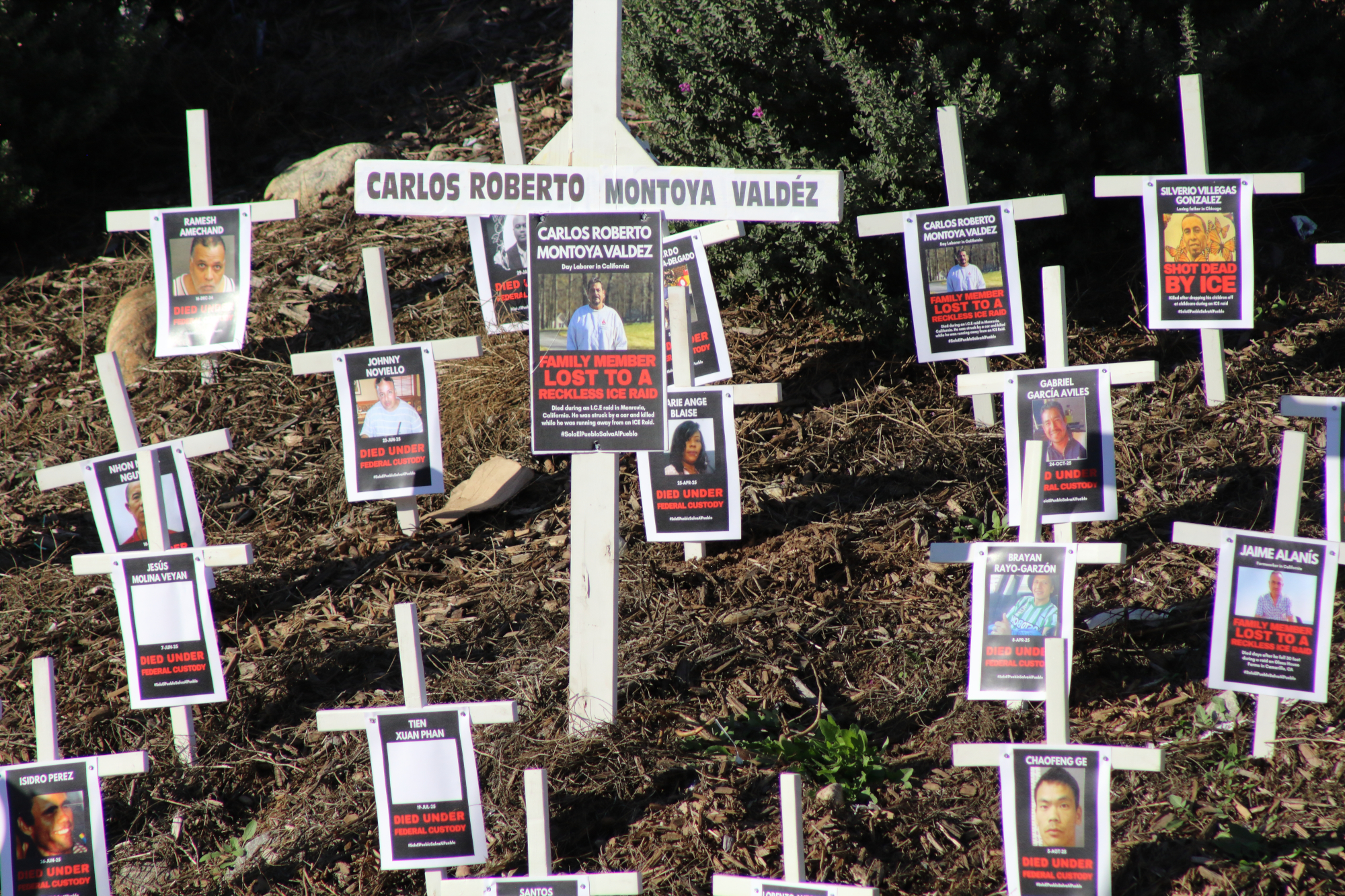[dropcap size=big]A[/dropcap]t the age of 24, a young USC film grad from South-Central L.A. named John Singleton became the first African American director and youngest ever nominated for an Academy Award for his wrenching opus on L.A. urban life, Boyz N the Hood.
Singleton once described it as the film he was “born to make,” and although he did not take the trophy home for directing in 1991, Boyz in the Hood set Singleton on a career that took him to the heights of his hometown’s grand industry — Hollywood filmmaking — where he broke ground for generations of black filmmakers and artists who followed.
On Monday, Singleton died at the age of 51, his family said. The filmmaker suffered a stroke earlier this month and was taken off life support at Cedars-Sinai hospital after an “agonizing decision,” said spokeswoman Shannon Barr in a statement.
“John passed away peacefully, surrounded by his family and friends,” the director’s family said.
Singleton was just out of USC when he stood down executives at Columbia Pictures and insisted on directing his thesis screenplay for “Boyz” himself — despite not yet having credits to his name. The story centered on young black men in South L.A. struggling to survive the gangs and violence of the era. The film starred Cuba Gooding Jr., Angela Bassett, Ice Cube, Laurence Fishburne, Morris Chestnut, Regina King, and Nia Long.
Some of its scenes quickly became reference points in modern black cinema, such as the dialogue in which Fishburne's character 'Furious' explains "gentrification" to a gathering of young neighborhood men. "We need to keep everything in our neighborhood black, black owned, with black money," he says. "Just like the Jews, the Italians, the Mexicans, and the Koreans do."
Singleton's script also garnered him a nomination in 1991 for original screenplay.
Almost presaging the unrest brewing in the country’s second largest city, Boyz N the Hood competed at the Academy Awards just one year before the streets it depicted erupted with the 1992 L.A. Riots. Singleton later became executive producer of a documentary marking the 25th anniversary of the unrest.
Singleton also directed Poetic Justice (1993, joining young lead stars Janet Jackson and Tupac Shakur), Higher Learning (1995), Shaft (2000), 2 Fast 2 Furious (2003), as well as numerous television episodes for series such as Empire, Snowfall (where he executive produced), and others.
Tributes in Singleton's honor flooded social media, including messages from The Black List, the trailblazing networking organization for aspiring filmmakers that started at USC, and contemporary black film stars such as Ava Duvernay and Samuel L. Jackson.
Singleton actively criticized the gatekeepers in Hollywood for not doing enough to elevate underrepresented voices and stories, always maintaining an awareness of his role in the broader community. “There’s hardly any precedent for a guy like me to have the career that I’ve had,” Singleton said to Variety in 2017.
Since his 1991 nomination for the Oscar in Best Directing, five other African American filmmakers have been nominated for the same prize: Lee Daniels for Precious (2009), Steve McQueen for 12 Years a Slave (2013), Barry Jenkins for Moonlight (2016), Jordan Peele for Get Out (2017), and veteran Spike Lee for BlacKkKlansman (2019). Despite the streak of nominations, no black film director has won the top award in their field and no black women filmmakers have been nominated.
Singleton attended Blair High School in Pasadena. The L.A. director is survived by his mother and father, and seven children, the L.A. Times said.
RELATED: Photographing the Filming Locations of 'Menace II Society,' 25 Years Later
